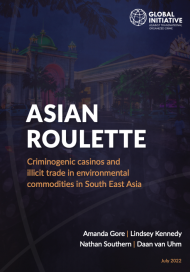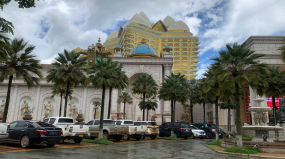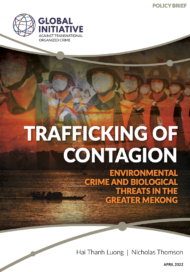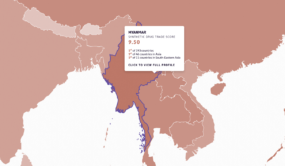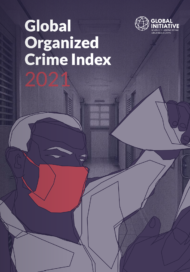Posted on 29 Jul 2022
The Asia Pacific region is the largest and fastest-growing market for gambling in the world. The proliferation of physical and online casinos in South East Asia presents criminal entities with a myriad of opportunities to engage in illicit activities.
Whereas casinos generate revenues and employment prospects, their location within weak jurisdictions and special economic zones (SEZs) makes them incredibly permissive settings in which criminal individuals and organizations can operate freely and even run the casino operations. From here, a range of serious crimes – including money laundering, drug and human trafficking, and prostitution – flourish. While these activities have been well documented, this report sheds light on an under-analyzed aspect of organized crime in the region: environmental crime.
Our research suggests that not only are casinos in South East Asia conglomerations of criminality (owing to the variety of coordinated illicit activities taking place in and around the facilities, as well as the digital space), but that they also exist on a continuum of criminality.
In other words, criminality is pervasive at all stages of a casino’s life cycle: from the deforestation, environmental degradation and biodiversity impacts that take place during the construction of the physical casinos, to the sale of protected and endangered species on casino menus and the laundering of the proceeds of environmental crimes that happen once the casinos are up and running, to the exploitation taking place within casinos that have shut down.
